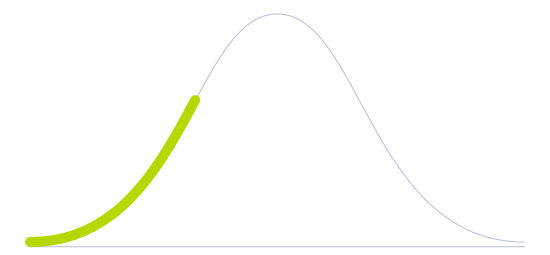Urban Mining

Technology Life Cycle
Marked by a rapid increase in technology adoption and market expansion. Innovations are refined, production costs decrease, and the technology gains widespread acceptance and use.

Technology Readiness Level (TRL)
Validation is conducted in relevant environments, where simulations are carried out as close to realistic circumstances.

Technology Diffusion
Embrace new technologies soon after Innovators. They often have significant influence within their social circles and help validate the practicality of innovations.

Urban mining addresses the critical problem of resource scarcity and waste management in rapidly growing cities. As urban areas expand, the demand for raw materials increases, leading to environmental degradation and depletion of natural resources. Simultaneously, cities generate vast amounts of waste, including electronic waste (e-waste), construction debris, and discarded consumer goods, which pose significant disposal challenges. Urban mining offers a sustainable solution by recovering valuable materials from this urban waste, thereby reducing the need for virgin resources and minimising environmental impact.
At its core, urban mining is about redefining waste as a resource, playing a crucial role in creating a circular economy where materials are continuously reused, reducing the strain on natural resources and lowering carbon emissions. The process utilises sophisticated recycling technologies to recover materials that can be reused in the production cycle, reducing the need for virgin materials and minimising environmental impact. Approaches such as electronic waste (e-waste) recycling, material recovery facilities, and advanced sorting technologies play a pivotal role.
These methods enable the efficient separation and purification of materials, ensuring they meet industry standards for reuse. For example, urban mining can reclaim gold, silver, copper, and palladium from discarded electronic devices, offering a more sustainable and often cheaper alternative to traditional mining practices. Additionally, repurposing construction materials helps reduce the demand for new resources and decreases the volume of waste sent to landfills.
Furthermore, urban mining fosters economic growth by creating new industries and job opportunities. As cities adopt more sustainable practices, the demand for expertise in waste management and material recovery will increase, driving innovation and investment in green technologies. This shift towards sustainability not only benefits the environment but also enhances the quality of life for urban residents by promoting cleaner, healthier cities.
Image generated by Envisioning using Midjourney